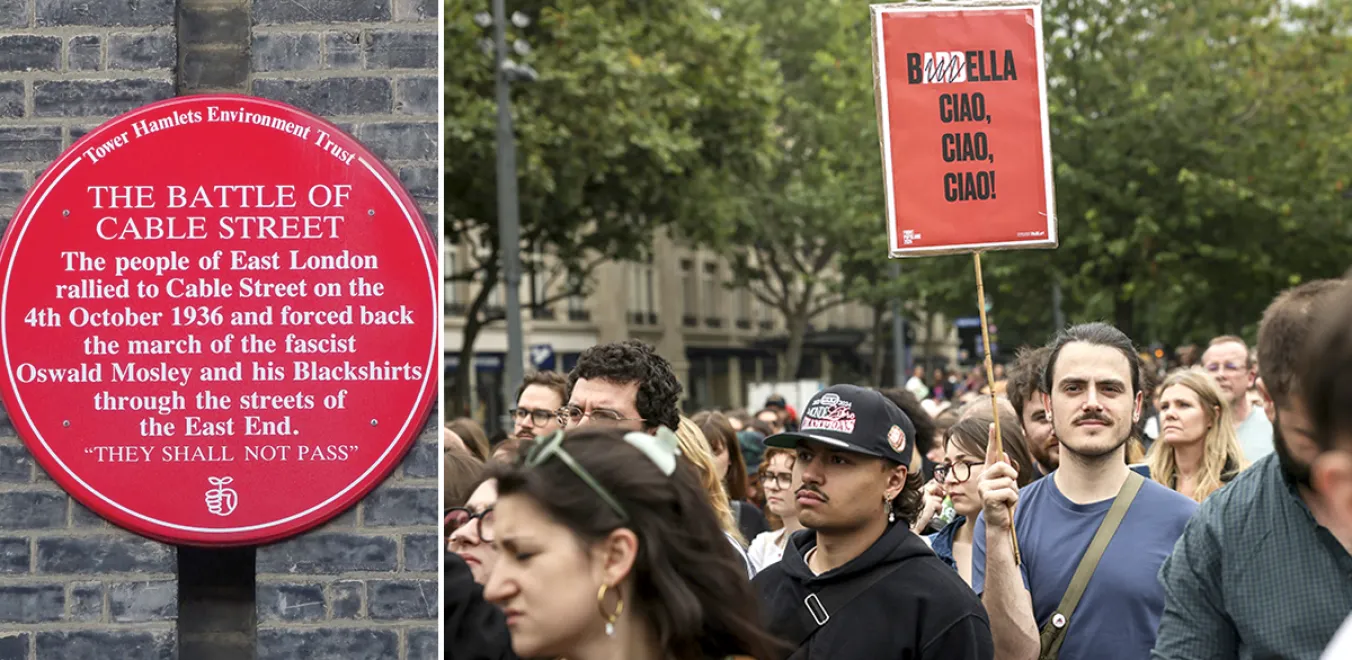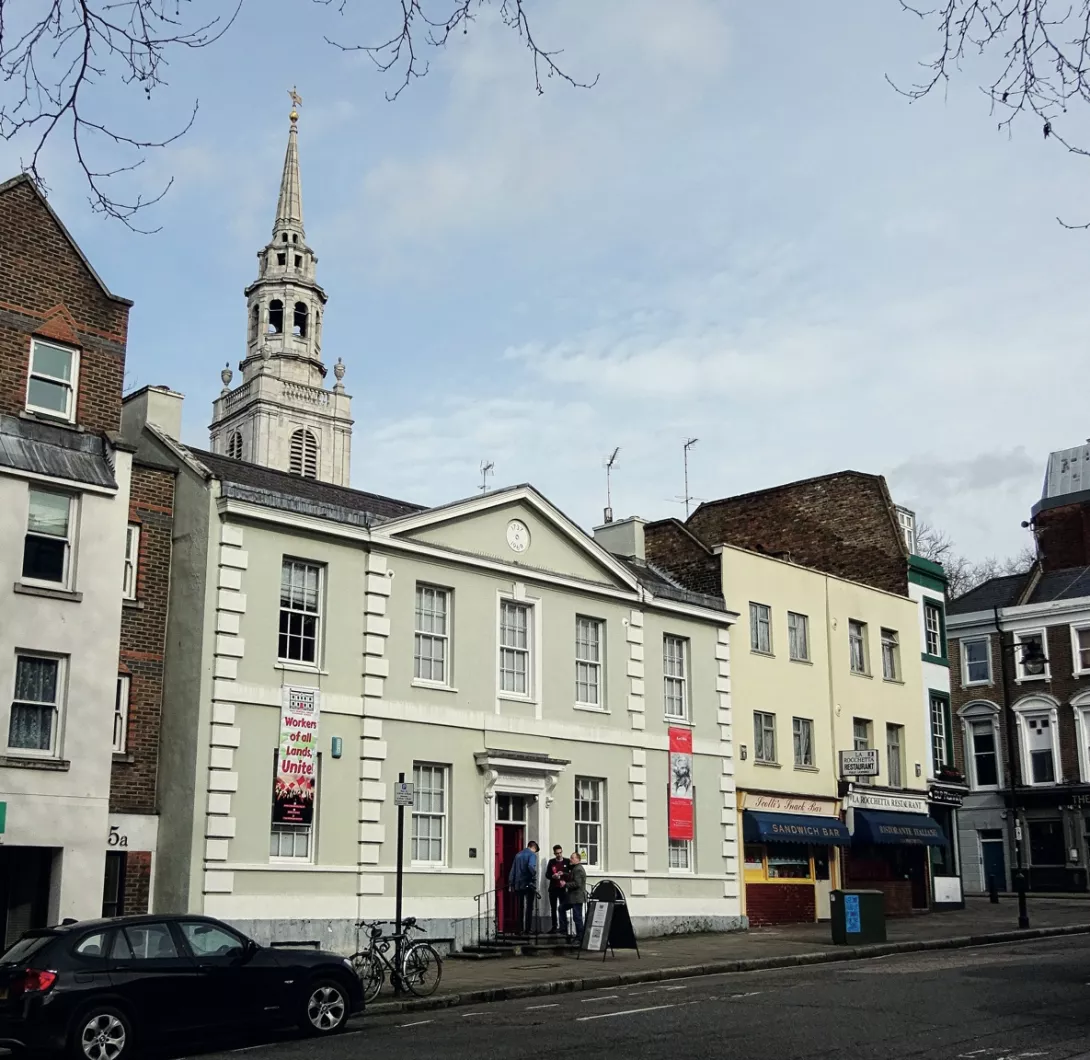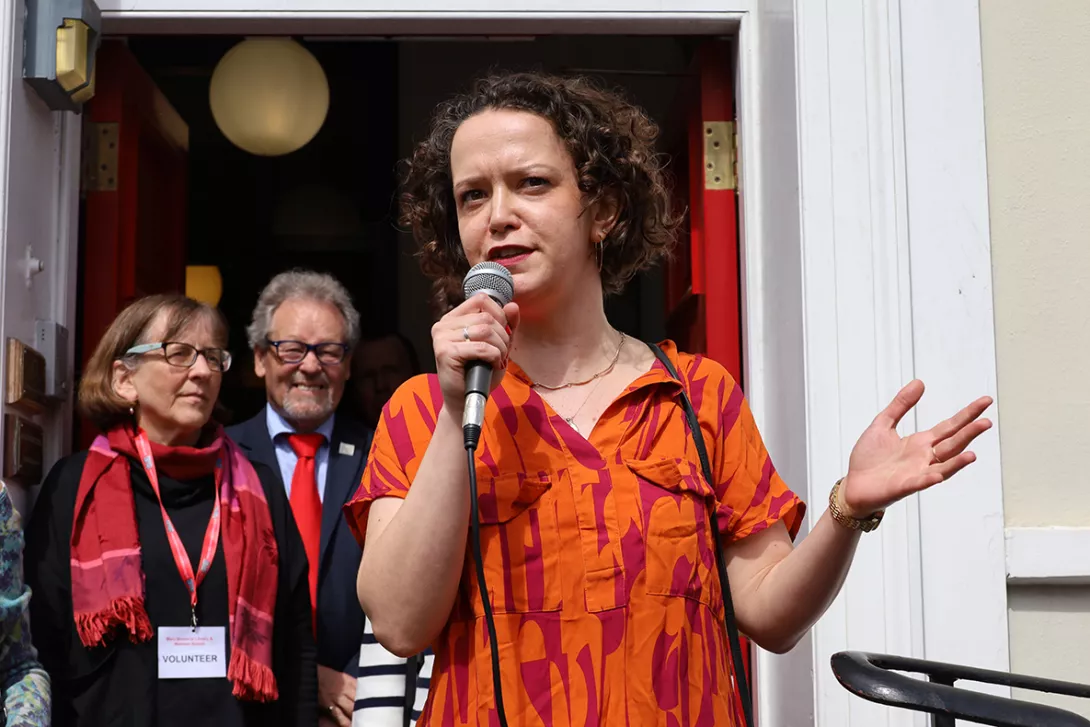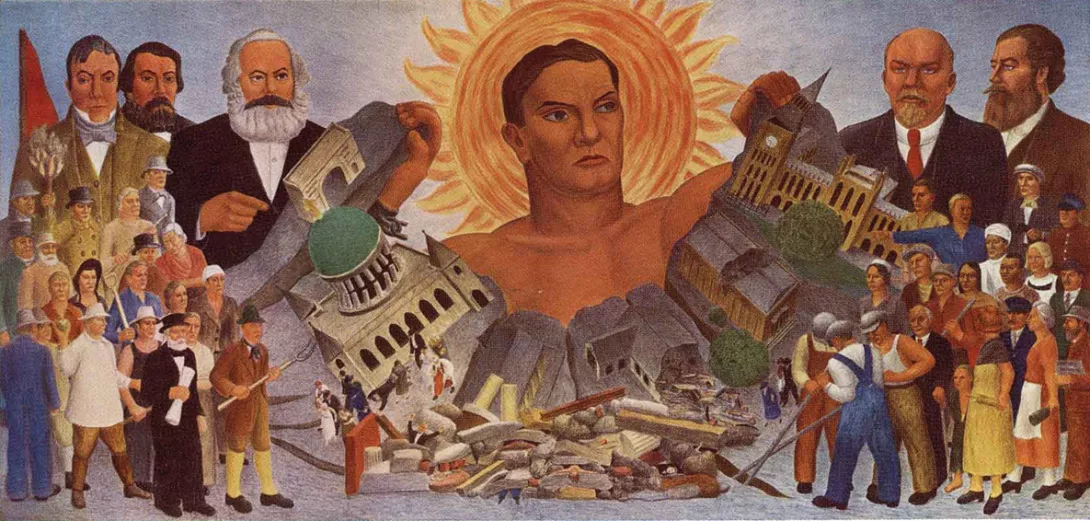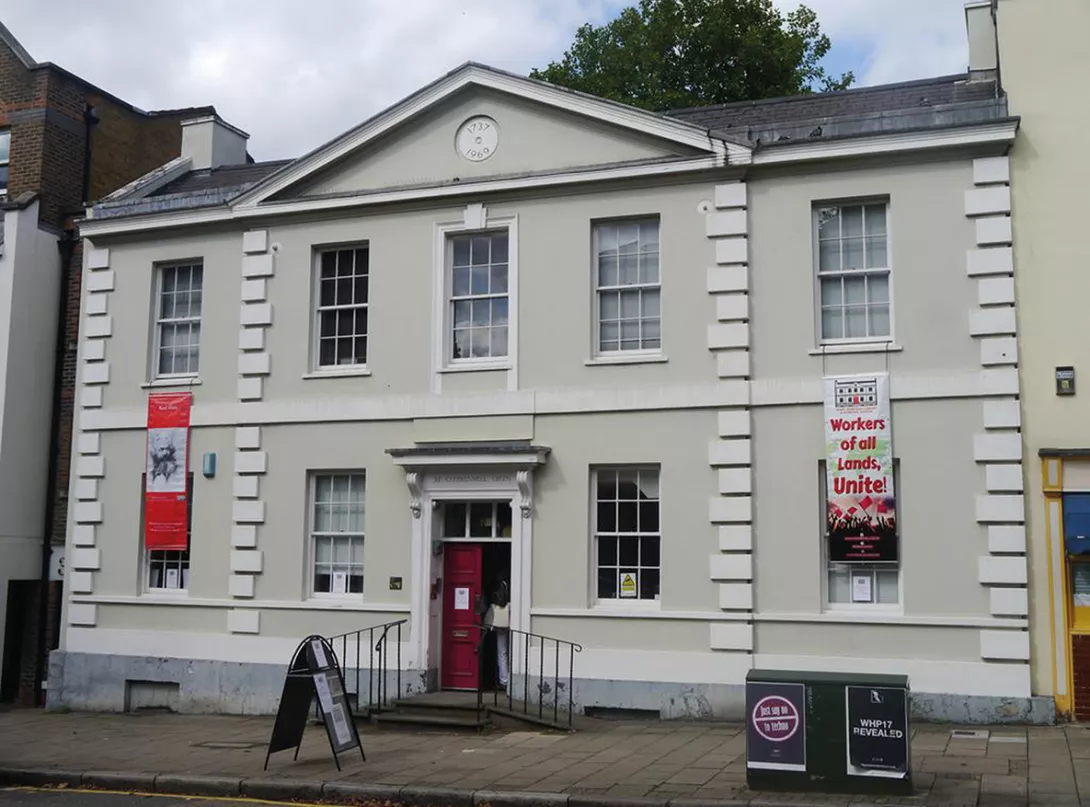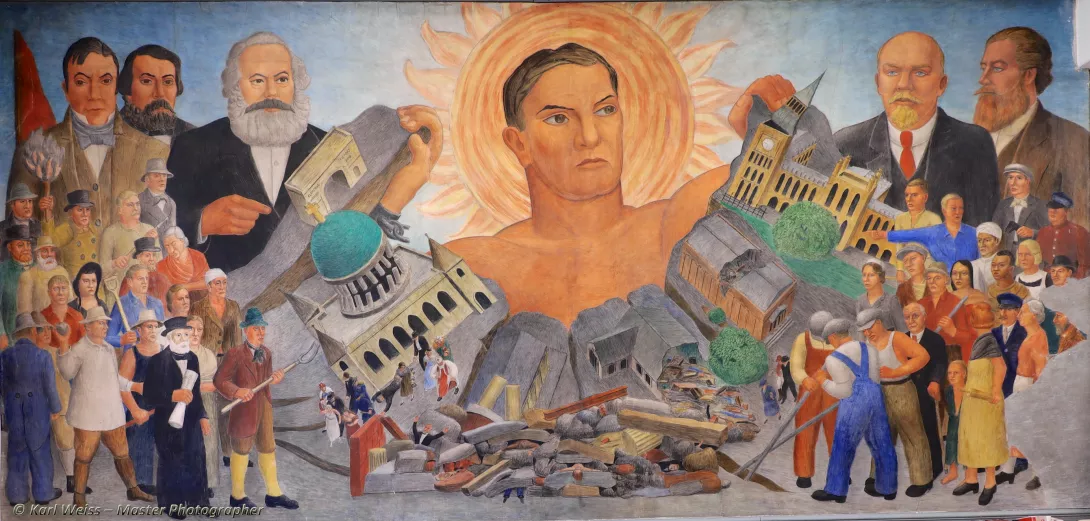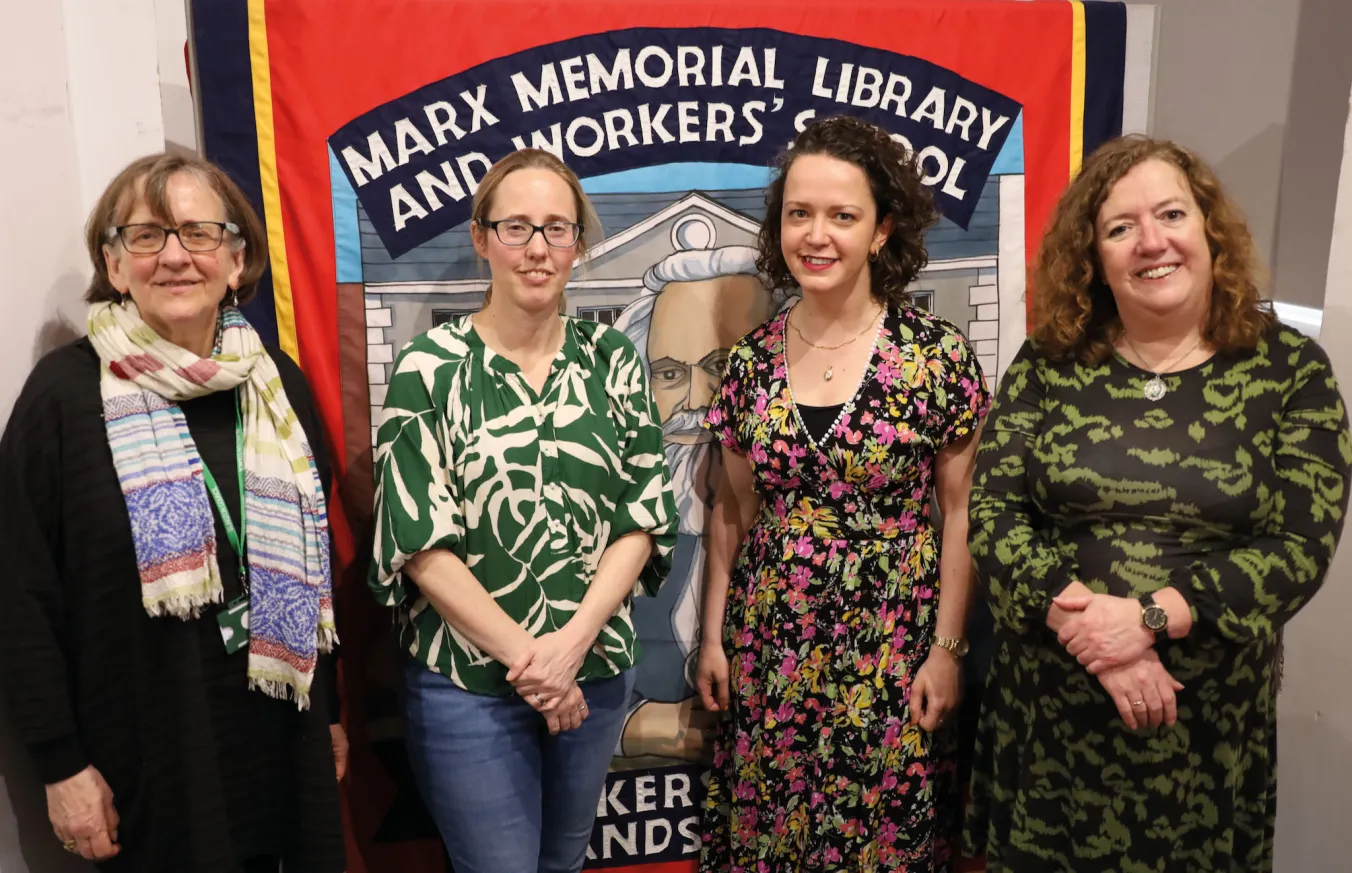
THE Marx Memorial Library and Workers’ School (MML) set out its vision for its centenary at a special session after the business of its annual general meeting on Saturday April 27.
Following the successful completion of a National Lottery Heritage Funded project Marx Memorial Library at 90: Enduring and Engaging, which incorporated research on MML’s audience, building, collection and financial sustainability last month, the MML has agreed to an ambitious new strategic plan taking the library to a critical half-way point to its centenary in 2033.
The all-woman panel set the following vision in context: “The MML envisions arriving at its centenary year, 2033, in a redeveloped, accessible building with a drop-in reception and exhibition space and a wide-reaching outreach and education programme engaging broad audiences in Marxism and socialist history embodied in its collections, supported by robust governance, commercial, fundraising, digital and communication strategies.”
The panel, chaired by RMT president and chair of the MML Alex Gordon, opened with a presentation from Katie McAndrew, historic building consultant for Hutton and Rostron. McAndrew reported on her work in 2023 pulling together the history of 37a Clerkenwell Green — home of the MML since its foundation in 1933.
Her findings underlined two things. Firstly, the grade II listed building constructed in 1738 has low architectural interest. Tracing plans through archives across the country — including the 1933 Serge Chermayeff drawings held at the Modern Records Centre in Warwick — she has been able to conclude that very little of the MML’s building today is original.
Instead, its value lies in the building’s historic and social significance — its ties to the international and British working-class movement, the 1935 fresco on the MML’s first floor by artist Jack Hastings and last but by no means least, the intimate relationship with Lenin, founder of the USSR, who worked at 37a Clerkenwell Green for 13 months in 1902-3.
McAndrew and her team’s works have equipped the MML with in-depth knowledge of the building elaborated in a timeline and phasing plans, which will be a critical tool for the MML as it looks to obtain permissions and set out redevelopment work in the coming period.
A report on the redevelopment of Clerkenwell Green from Clerkenwell councillor and MML trustee Ruth Hayes followed. The open space on the MML’s doorstep has a fascinating radical history dating back to the 1381 peasants’ revolt. Indeed, plans are progressing for the erection of the Sylvia Pankhurst statue in the newly pedestrianised square.
And yet, Hayes explained that research showed that local residents often had very little knowledge of the Green, with some even unsure whether or not they had ever visited the area. She set this in the context of gentrification in the area and underlined councillors’ keenness to ensure that the Green be a space of and for the people of Islington.
Hayes gave special mention to the important work the MML has initiated by working with local partners including the London Metropolitan Archives, Islington Museum, local schools and Voluntary Action Islington to this end.
